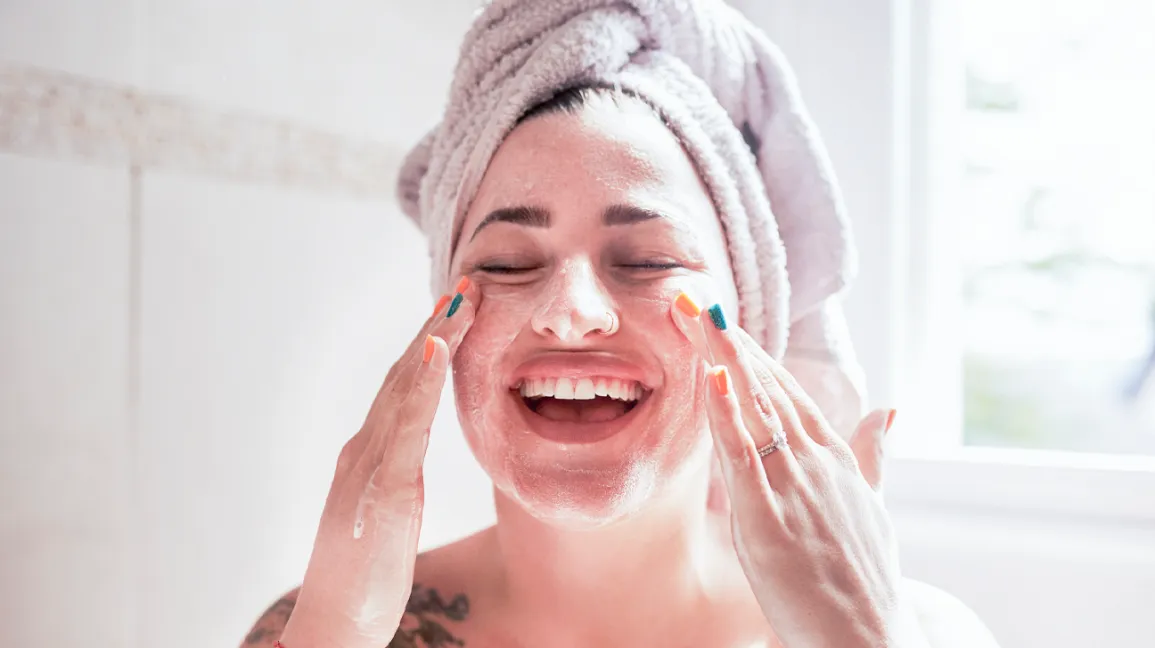When it comes to a skin care routine for oily, combination skin, a few key ingredients can be the difference between clear and unimpressive. You want to start by toning your skin with a toner formulated with BHAs and AHAs to remove dead skin cells and balance your pH level. Next, you should add a gentle toner formulated with natural ingredients such as aloe and hyaluronic acid to moisturize and tighten your skin’s pores.
The first step in managing your oily skin is developing a daily regimen that includes a gentle cleanser and toner. Depending on your level of oiliness, you might need to repeat these steps less often, but you should still wash your face as needed. For instance, blotting papers are effective tools for absorbing excess oil. Simply press them against your skin for a few seconds, and repeat as needed throughout the day. Additionally, you should wash your face after exercising, as sweat and oil can clog your pores.
During the day, it’s important to use a good cleanser that will remove all dirt, makeup, and pollutants. For nighttime, you can use a rich, hydrating night cream, such as a gel, which will restore water and nourish your skin. After you wash your face, be sure to moisturize the eye area as well, as it is very thin, so using a gentle cleanser can irritate the delicate skin around your eyes.
If you’re looking for an effective cleanser for oily skin, consider using a foaming one that contains salicylic acid. This product contains a low dosage of salicylic acid to combat acne without overdrying your skin. It can also treat acne and blemishes without irritating the skin or drying it out. You may also consider using beeswax instead of petroleum jelly because it has anti-inflammatory properties.
Aside from the type of skin you have, age also plays a role in oily skin. As you age, your skin loses collagen and other proteins, and your pores become less efficient at producing oil. So a skin care routine designed for oily skin will be different from that of someone in their early 20s. For example, a person with large pores is more likely to experience oily skin, especially if their pores are large.
In addition to diet and lifestyle, genetics can influence the type of skin you have. If you have a family history of oily skin, it’s likely you’ll have the same problem. Genetics also play a role, but you shouldn’t let it stop you from finding a great skincare routine. And if you’re not, it’s probably time to switch up your routine! But remember, it’s important not to use products that strip your skin of its natural oils. If you want to achieve clear, flawless skin, don’t overstrip your skin with harsh skincare products and moisturizers.
You can’t go wrong with a cleanser designed for oily skin. If you use a gel moisturizer, you can even use it at night instead of creams. Oily skin needs to be cleansed at least twice a day. And don’t forget to use a sunscreen, because even the sun’s rays can cause breakouts if it’s not properly protected. However, don’t forget to use sunscreen, which protects against the sun’s harmful UV rays.




